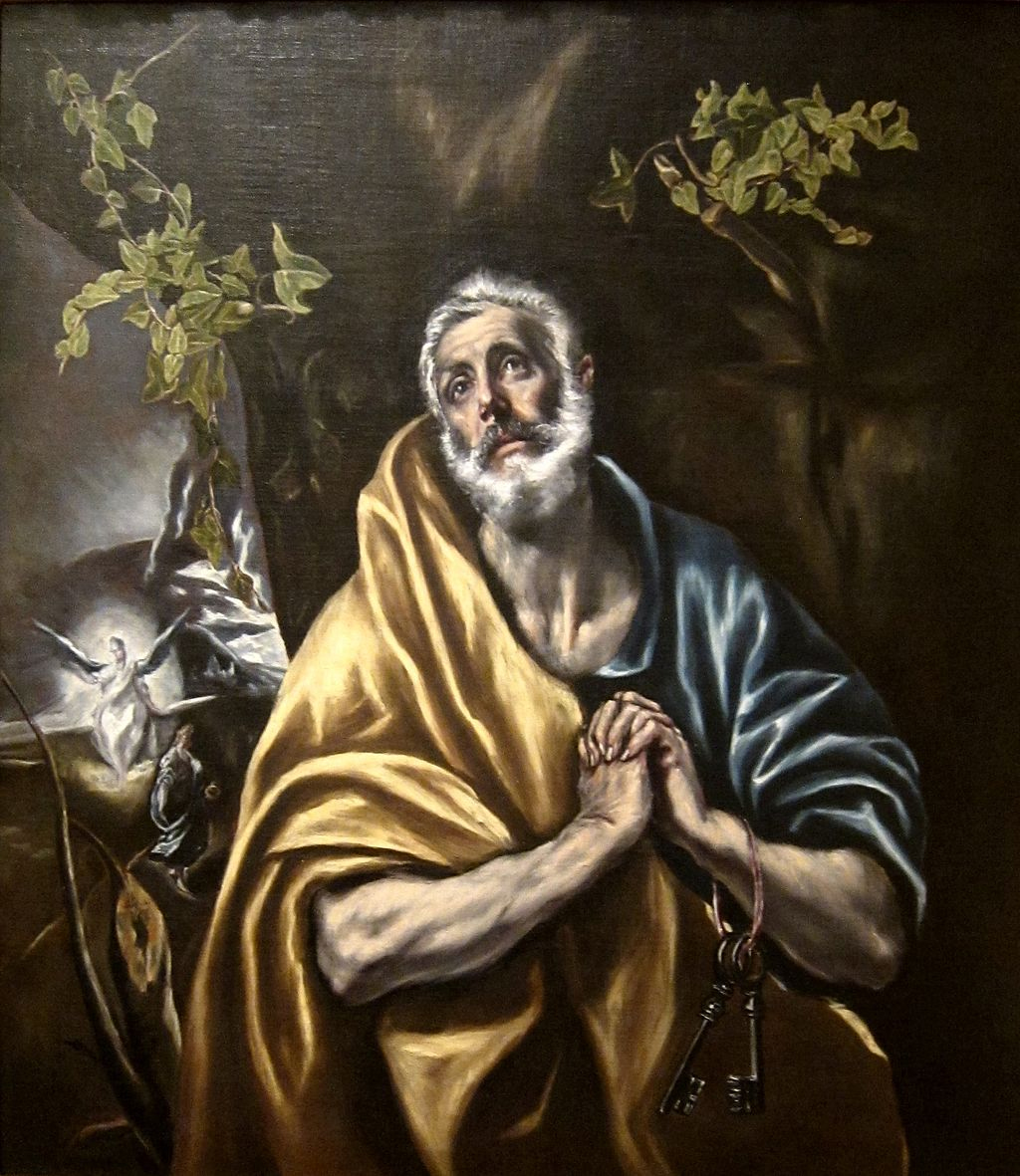Christian Art | Prayer With Jesus | Psalms | Song Of Quiet Trust | King David As A Boy | Audio KJV | Love Revealed By Jesus Christ | King James Audio Bible
Psalm 131 | King James Audio Bible
YouTube: Psalm 131 KJV | King James Audio Bible
Psalm 131, attributed to David, begins with a declaration of humility: ‘Lord, my heart is not haughty, nor mine eyes lofty.’ Here, the psalmist asserts a conscious rejection of pride and arrogance, setting the tone for a meditation on humility and trust in God.
The psalm moves to an analogy, rich in its simplicity and depth: ‘Surely I have behaved and quieted myself, as a child that is weaned of his mother: my soul is even as a weaned child.’ This simile draws a parallel between the psalmist’s state of being and a weaned child. It suggests a transition from dependency and longing to a state of self-contained peace and contentment, detached from the restless pursuit of worldly desires and ambitions.
Concluding with an exhortation to the collective faith community, the psalmist extends this personal reflection to a communal dimension: ‘Let Israel hope in the Lord from henceforth and forever.’ This verse serves as both directive and declaration, anchoring the psalm’s theme in a collective, enduring hope in the Lord. It encapsulates a universal message, urging the community to embrace a similar posture of humble trust and hopeful anticipation.
Psalm 131 | King James Audio Bible
Lord, my heart is not haughty, nor mine eyes lofty: neither do I exercise myself in great matters, or in things too high for me.
Surely I have behaved and quieted myself, as a child that is weaned of his mother: my soul is even as a weaned child.
Let Israel hope in the Lord from henceforth and for ever.

![]()
Psalm 131 | King James Audio Bible
- Humility And Rejection Of Pride: The psalm opens with a declaration of humility, stating ‘Lord, my heart is not haughty, nor mine eyes lofty.’ This sets the foundation for the theme of humility, emphasizing the importance of a humble heart and a spirit that shuns arrogance.
- Contentment And Peace: The simile of a weaned child illustrates a profound sense of contentment and inner peace. The imagery of a child at rest, no longer seeking sustenance from the mother, symbolizes a soul that has found tranquility beyond worldly desires.
- Trust And Dependence On God: The psalm reflects a deep trust in the divine, akin to a child’s reliance on a parent. This trust is not born of naivety but of a mature, calm faith that understands the limitations of human control and the necessity of divine guidance.
- Collective Hope And Faith: The closing verse of the psalm extends its message to the community of believers, encouraging collective hope in the Lord. It underscores the communal aspect of faith, urging a shared commitment to trust and hope in divine providence.
- Spiritual Maturity: The progression from a state of dependency to one of peaceful independence mirrors the journey of spiritual maturity. The psalmist’s attitude reflects a spiritual growth that moves beyond immediate desires to a more profound understanding of and relationship with the divine.

![]()








